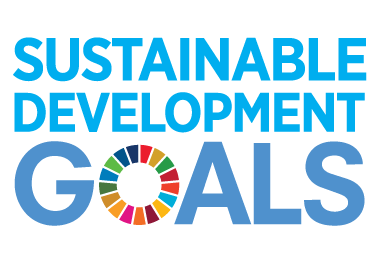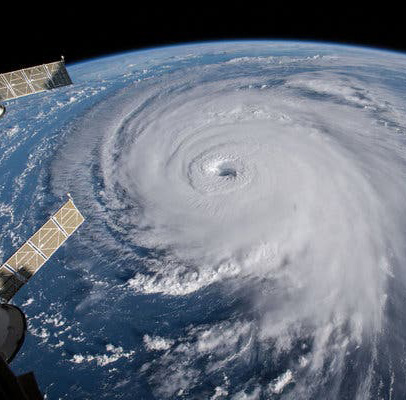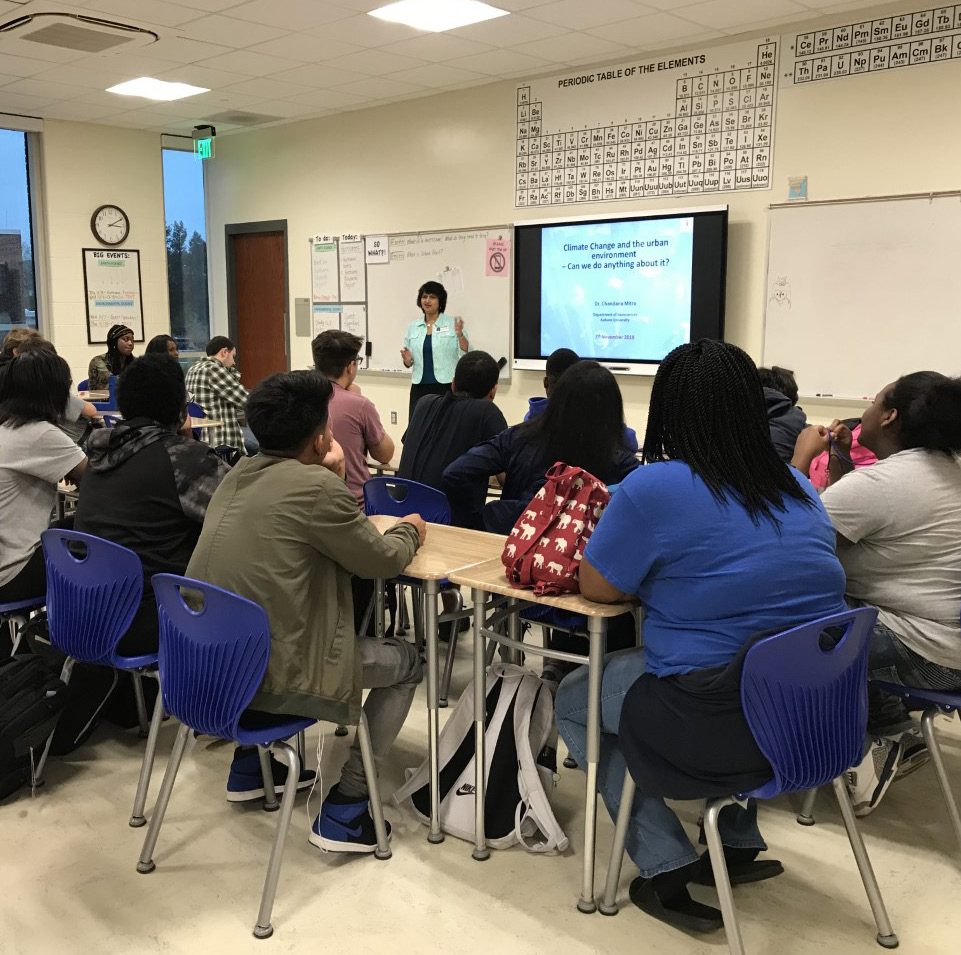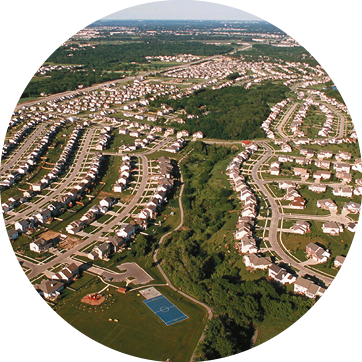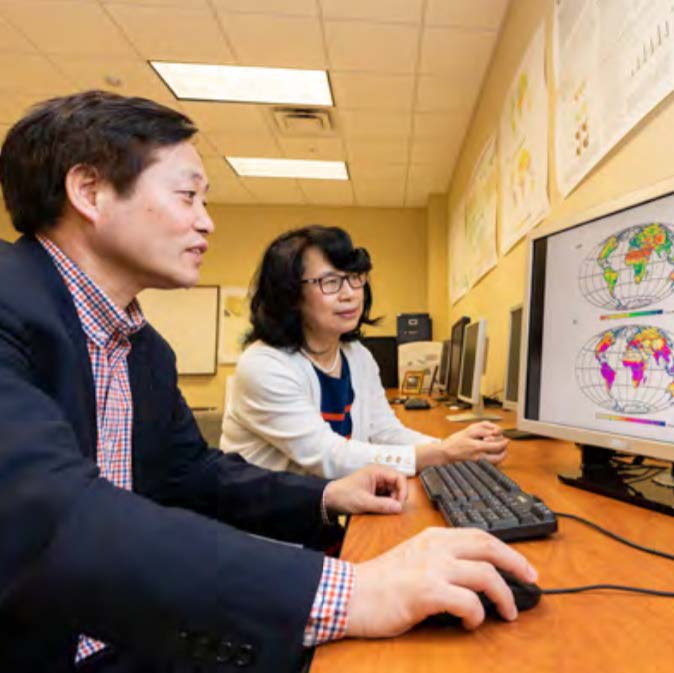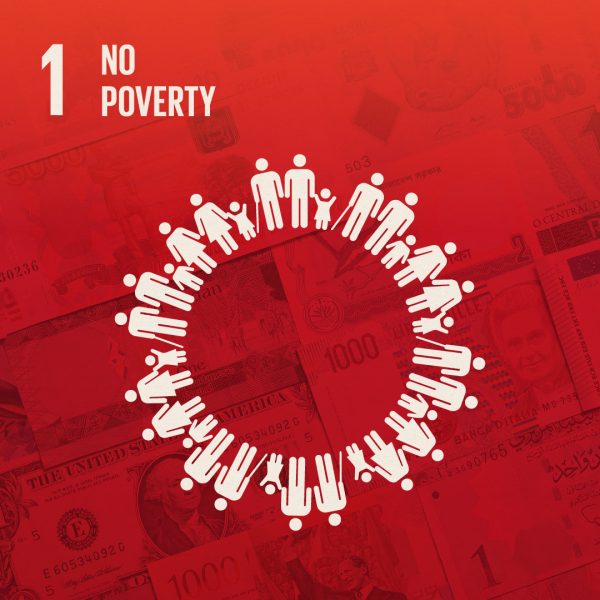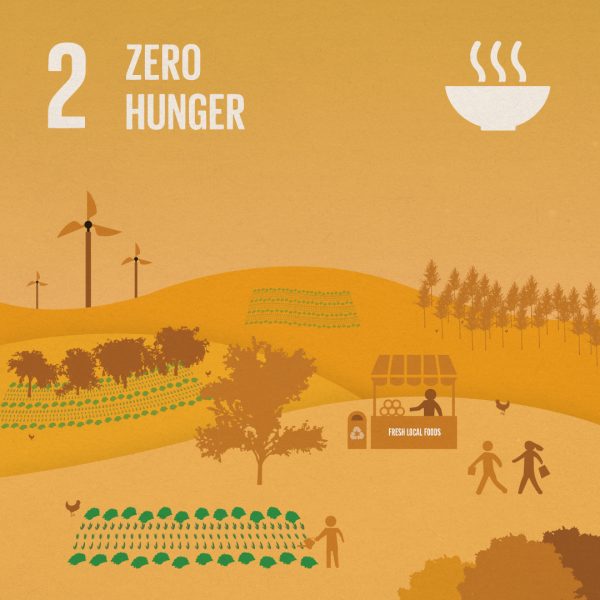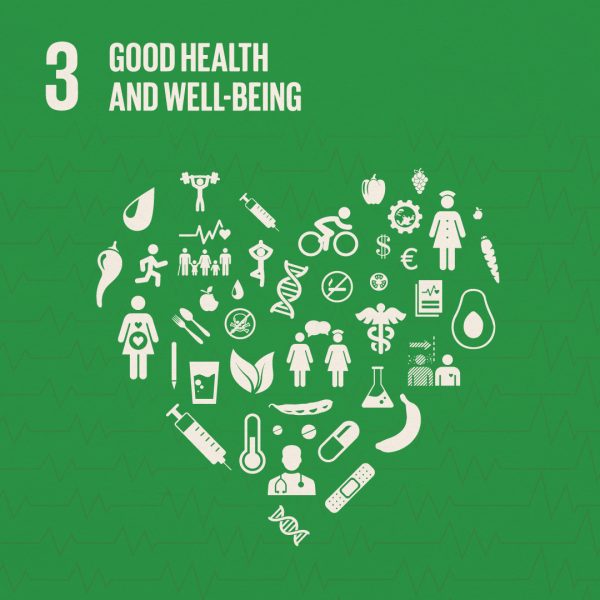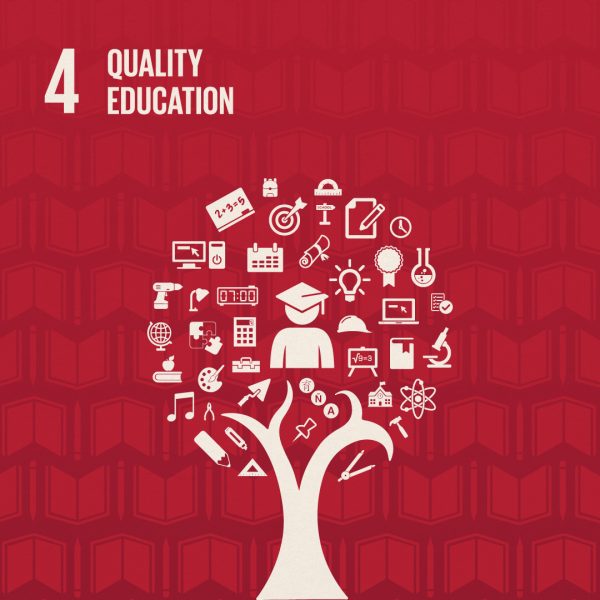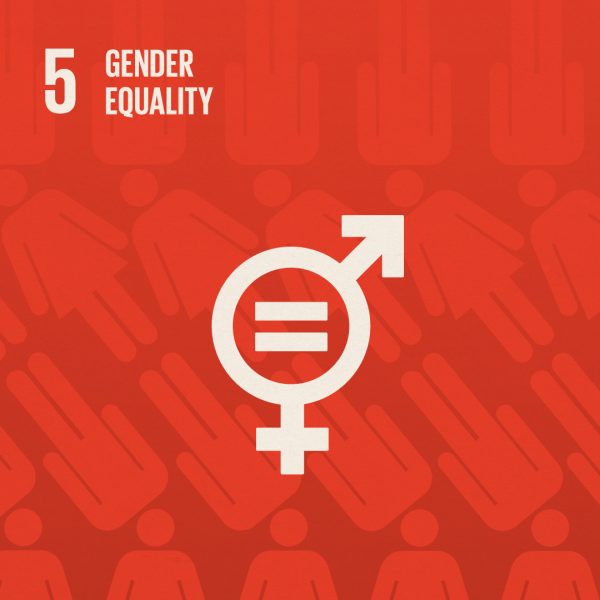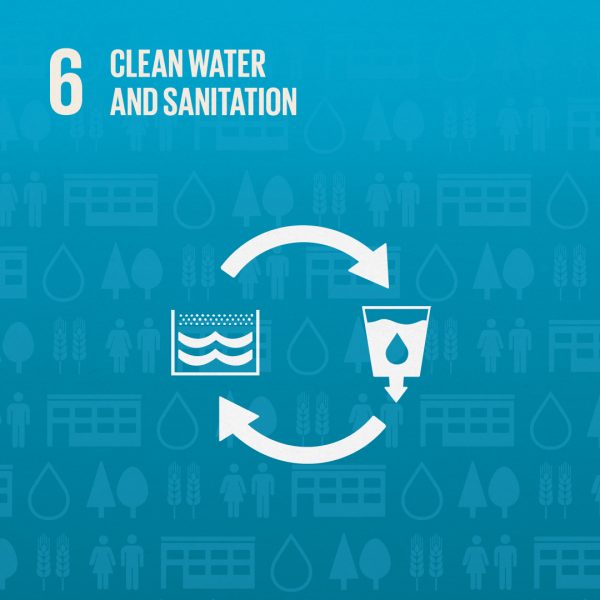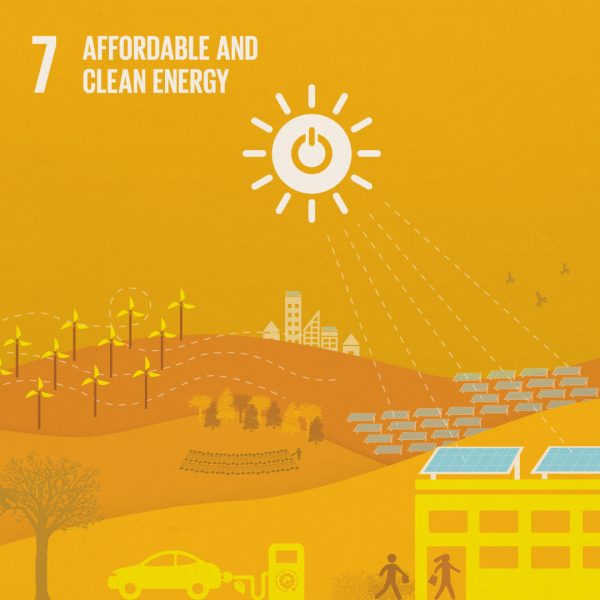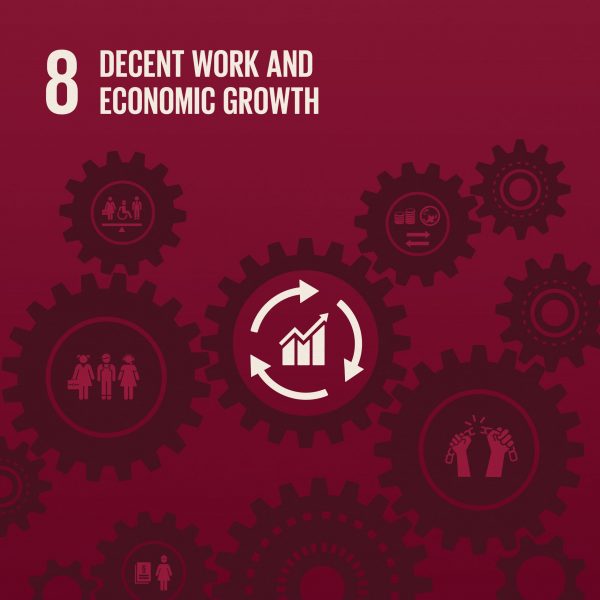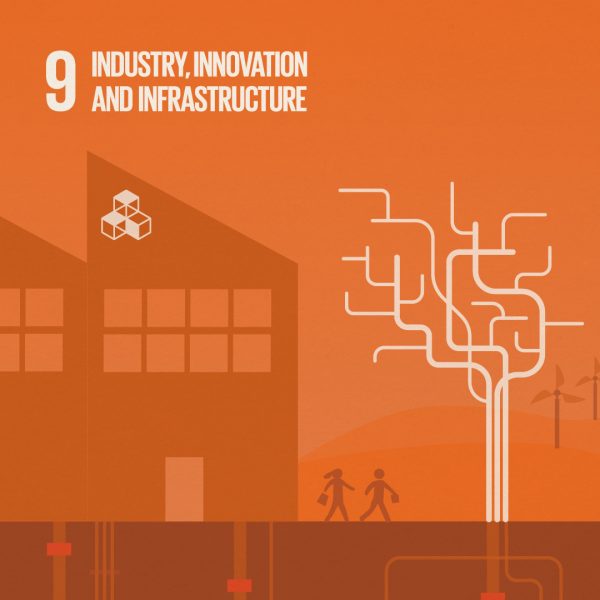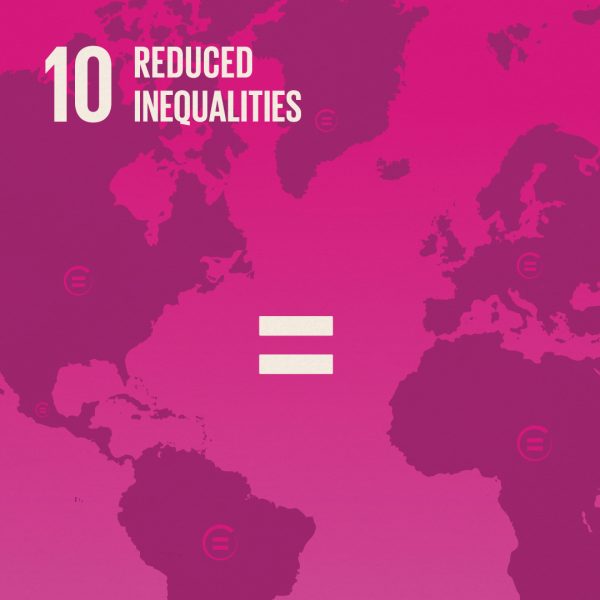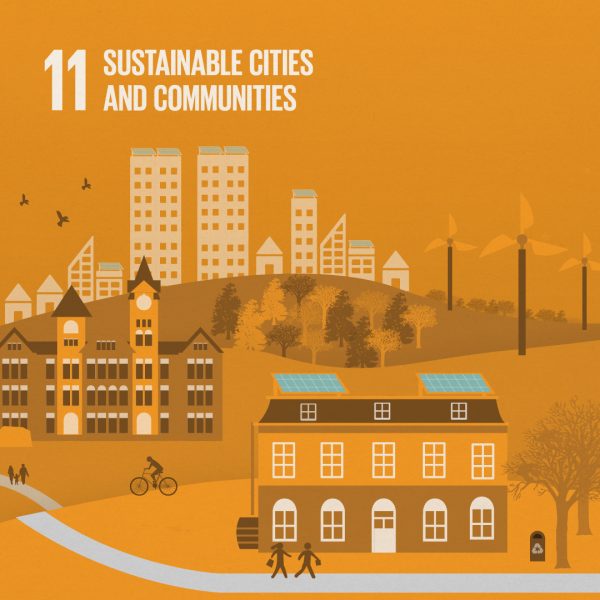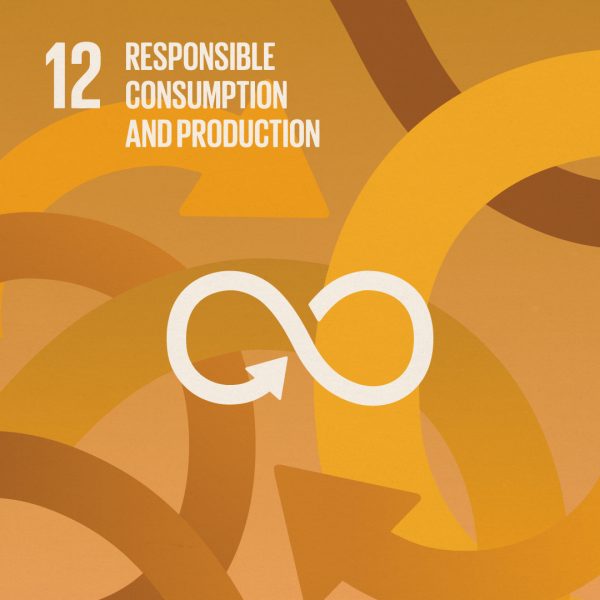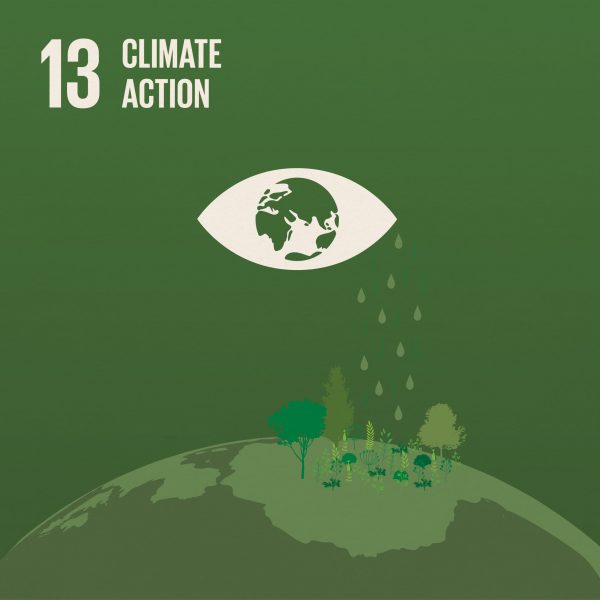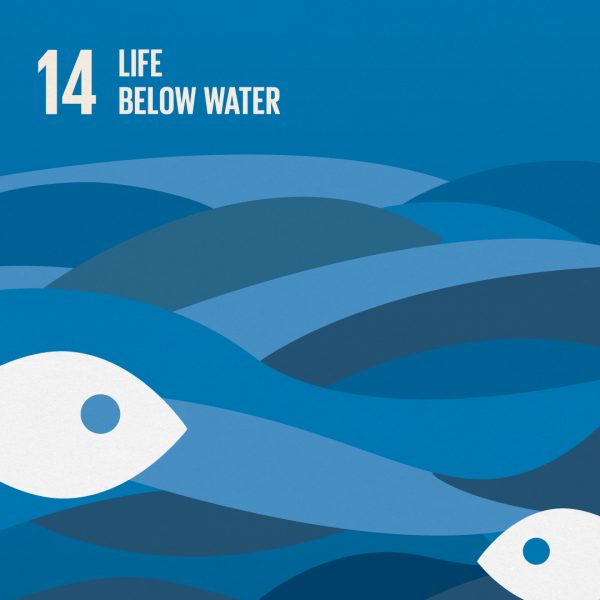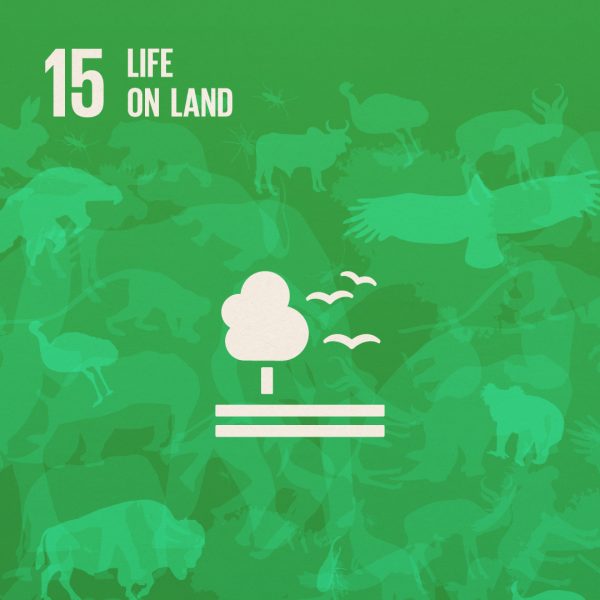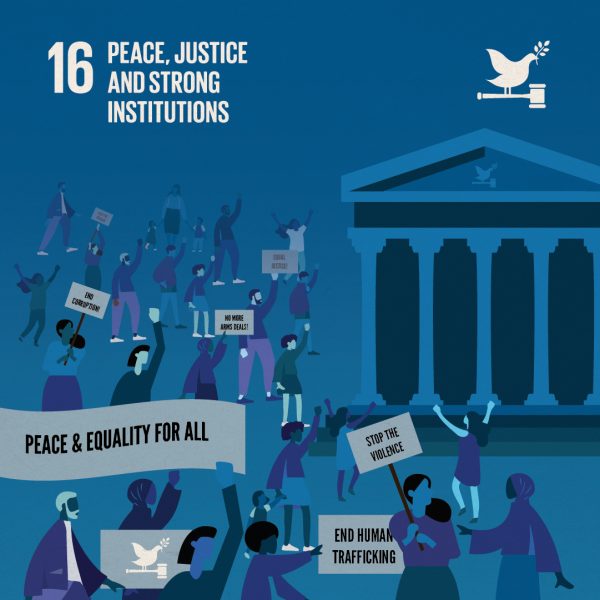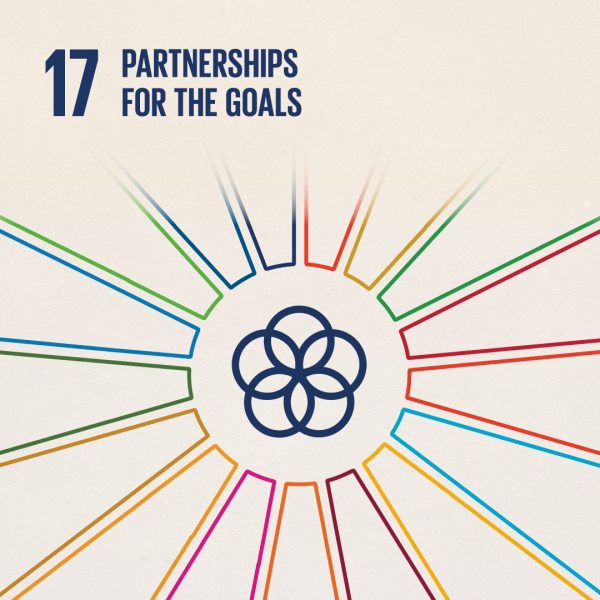By Johanna Kunz My introduction to sustainability began in ninth grade, with a school project that challenged us to research an issue we cared deeply about and educate others to inspire positive change. I chose to explore fast fashion—something I had heard of but never truly understood. Like many people,…
By Hannah Schwartz Universities play a pivotal role in shaping the future, not just through education but also by setting an example of responsible stewardship. Saving energy isn't just about cutting costs; it's about society, wellbeing, and environmental impact. By implementing energy-saving measures, universities demonstrate commitment to mitigating climate change…
By Randy Martin & Bella Wright A quick look at the top public colleges reveals that in each of their strategic plans, sustainability is taken seriously and given a prominent seat in the future of their institutions. This isn’t for show. Beyond the “good citizen” reasons, it's a smart business…
“…a new type of thinking is essential if mankind is to survive and move toward higher levels.” Albert Einstein In July of 1969, as he floated alone above the moon while Neil Armstrong and Buzz Aldrin walked on the moon, Command Module pilot Michael Collins made this observation of the…
By Bella Wright* Graduation is right around the corner! While we celebrate fellow graduates, let’s keep in mind these tips to help sustain the Loveliest Village on the Plains! Looking to jazz up your graduation photos? Embark on a fun D.I.Y craft to create your own confetti by hole-punching dried…

